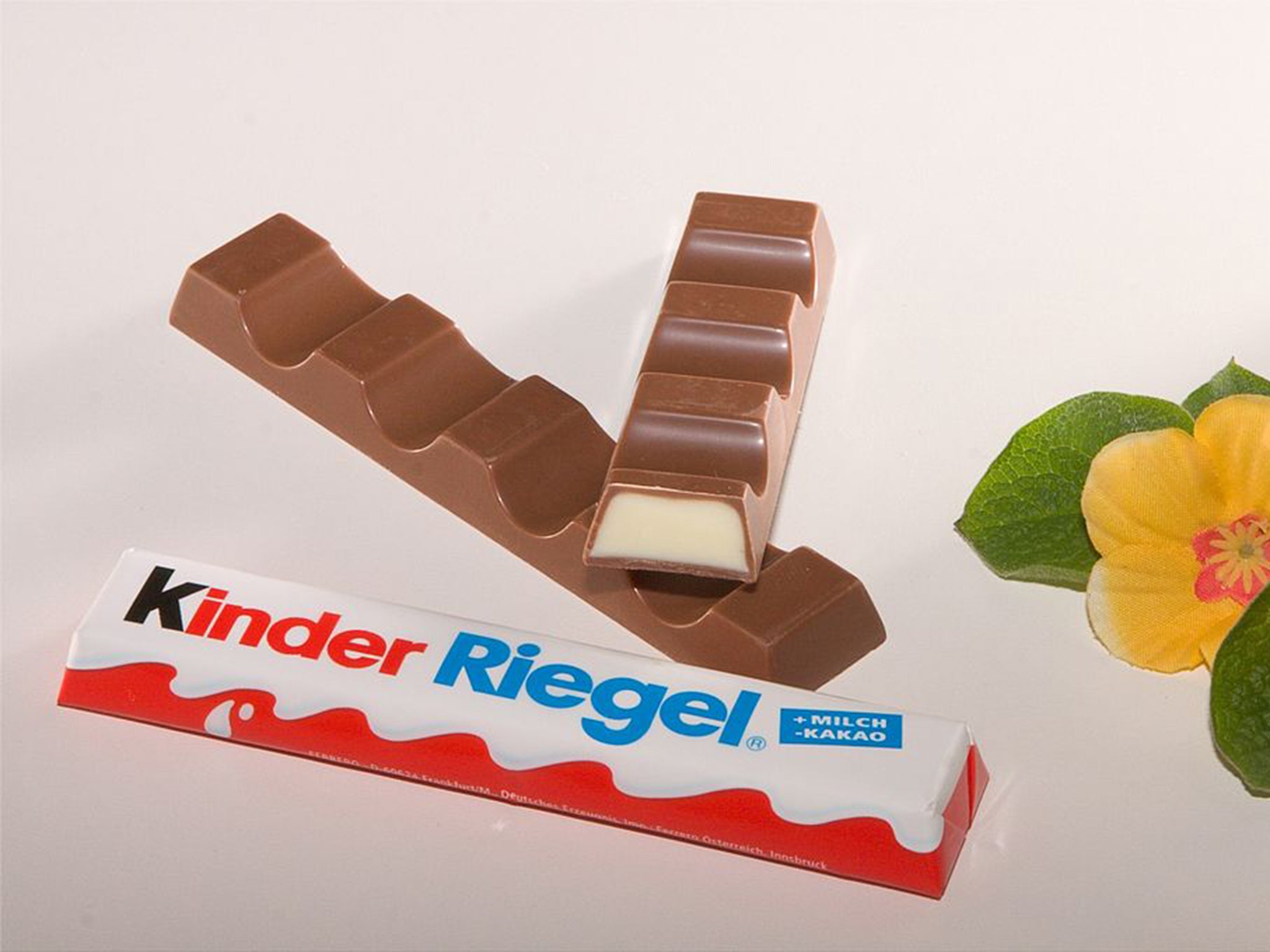Kinder chocolate 'contain dangerous levels of likely carcinogens'
The European Food Safety authority calls the chemical found in the chocolate as 'likely carcinogenic and mutagenic'

Your support helps us to tell the story
From reproductive rights to climate change to Big Tech, The Independent is on the ground when the story is developing. Whether it's investigating the financials of Elon Musk's pro-Trump PAC or producing our latest documentary, 'The A Word', which shines a light on the American women fighting for reproductive rights, we know how important it is to parse out the facts from the messaging.
At such a critical moment in US history, we need reporters on the ground. Your donation allows us to keep sending journalists to speak to both sides of the story.
The Independent is trusted by Americans across the entire political spectrum. And unlike many other quality news outlets, we choose not to lock Americans out of our reporting and analysis with paywalls. We believe quality journalism should be available to everyone, paid for by those who can afford it.
Your support makes all the difference.A German food watchdog has called for Kinder chocolate bars, as well as other foods, to be recalled after tests found they contain dangerous levels of what have been described as "likely carcinogens".
Foodwatch said that mineral oil aromatic hydrocarbons (MOAHs), which are created when oil is refined, have been found in the products.
The watchdog tested 20 different products and found three with what it said were “dangerous” levels of the oil byproduct.
Foodwatch has since asked that Ferrero’s Kinder Riegel chocolate bar, Lindt’s Fioretto Nougat Minis and one other German product be taken off sale.
In a statement on their website, the watchdog said: “Foodwatch had the the producers concerned informed in advance about the test results and called for a public recall.
“They refused, however, to remove products from sale.
The European Food Safety authority describes MOAHs as "likely carcinogenic and mutagenic".
Johannes Heeg, from Foodwatch, said: "Instead of clearing the candy from the shelves and alerting consumers, they [say]... that everything was undertaken legally."
Speaking to the German edition of The Local, Mr Heeg said: "You can't see it, you can't taste it, but it's in there
"We recommend not purchasing these products because the levels are simply unacceptable for consumption."
The Association of the German Confectionary Agency last week issued a statement that the levels of MOAHs that Foodwatch found could "be consumed without concern".
The Independent has contacted Kinder for comment.
Join our commenting forum
Join thought-provoking conversations, follow other Independent readers and see their replies
Comments